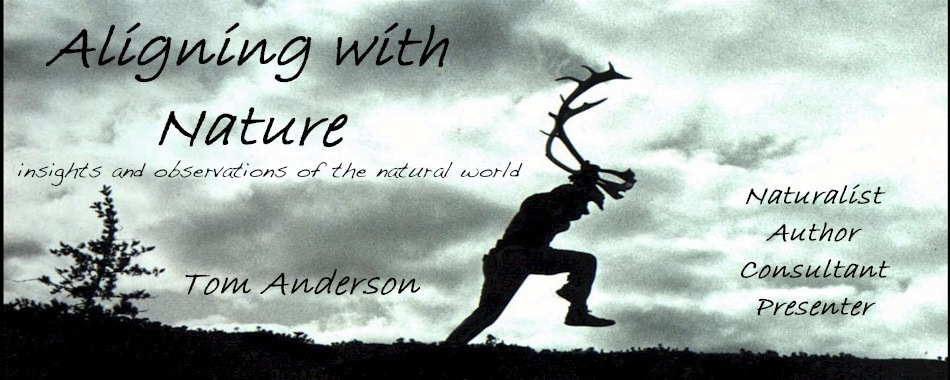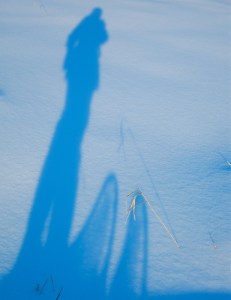Death and Mindfulness

Earth, water, air and fire
combine to make this food.
Numberless beings have died and labored
that we may eat.
May we be nourished
that we may nourish life.
-Buddhist prayer
Each autumn during the archery deer hunting season I slowly climb against the lazy current of falling leaves to settle in a tree’s canopy. I sit prayerfully quiet among the limbs trying my best to be one with the tree. I watch scuttling squirrels. Geese and cranes pass overhead. Hours move more slowly. I have silent, uncontested dialogues with myself regarding the inevitable pairing of abundance and death.
How is it in this most party-colored season that I can possibly find within myself the will to murder? Certainly it is not the killing that pulls me to this annual ritual. It is the act of direct participation in fetching food. I believe the wild deer is healthier and has lived a life of integrity compared to the remnants of animals packaged as meats in a supermarket.
All food we ingest is a product of a death. I harvest from my garden. I kill a deer, duck or chicken. Or I get someone else to do the dirty work.
I go to a grocery store where the slowly spinning rotisserie chickens seduce me and I buy one. Even though I did not bloody my hands, I am complicit in the fowl’s death. Likewise, in a restaurant I have enlisted someone to kill on my behalf. This makes me as morally liable as if I did the killing myself. As shoppers and consumers we hire contract killers.
The innocent carrot in the produce section was torn from its earthen cradle. It is alive briefly and then savagely butchered, sliced, mashed, boiled or eaten bloodlessly raw. Shining green peas aligned in their swollen pod are scraped out of their plant womb without any thought of the aborting of potential lives.
Traditionally Inuit have believed that all things had a form of spirit. Therefore they held, “The great peril of our existence is that our diet consists entirely of souls.”
Therein lies our dilemma. Feeling compassion while at the same time needing to kill in order to feed ourselves. I can only practice being more mindful of my actions and their consequences. I need to learn to say, “I’m sorry” and “thank you” to each bite of my food.
So as you sit looking at the bounty of your Thanksgiving plate, consider your role in the collective deaths blended in beauty before you.
























